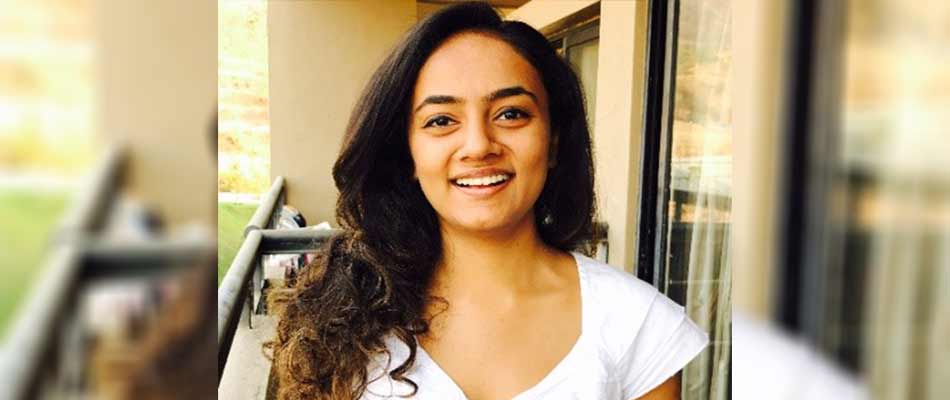School topper and winner of several prestigious awards for academic excellence, alumna Tirtha Patel came to FLAME with a humanities background. She intended to study Psychology and Economics, but instead ended up pursuing a double major in Applied Mathematics and Environmental Studies, once again at the top of her class. "The course has enabled me to work towards making change by measuring change and marrying both research and action into one field whose ethos and motto of moving the needle also allow for knowledge creation and advancement.", says Tirtha, who has already had an impactful career in the development sector. She is set to pursue her Masters of Public Administration (MPA) program at the School of International and Public Affairs (SIPA), Columbia University. Here, she talks about her time at FLAME, her passion for research, the upcoming milestone in her career, and her dedication to the development sector.
You were an academically inclined student who had won several awards in school for your achievements in Humanities. So what made you shift from continuing with Social Sciences to pursuing a B. Sc. in Applied Mathematics and Environmental Studies?
The liberal education curriculum at the university is very well-designed and executed. Its flexibility played a tremendous role in allowing me to step outside my comfort zone and try new things. Moreover, its rigour has enabled me to succeed in various new endeavors that I took up after graduation by teaching me to learn and adapt.
Your association with FLAME continued after graduation when you worked as Research Associate with the Centre for Experimental Social Sciences (CESS). How did it shape your future research work?
During my work at the Centre, I interacted with global scholars working in various spheres of social sciences, ranging from political science and economics to sociology and linguistics. Working on development challenges during some of these projects encouraged me to pursue this field further and move closer to the heart of India's development sector in Delhi.
You have worked on impactful social projects as a Behavioural Research Specialist with the Centre for Social and Behaviour Change (CSBC). Have you decided to continue your career in the social impact sector?
My entire experience at CSBC has been profoundly impactful in helping me acquire sector expertise, hone skills required for doing development work, build networks, and provide clarity on what I should do next. I intend to continue working in the development sector, coming up with practical, actionable, and effective policy solutions based on evidence.
You have talked about your FLAME faculty members' role in helping you become adaptable by teaching you to learn. You, too, have mentored students keen on research careers at FLAME and Ashoka University. How has this experience been for you?
I have had the chance to interact with students coming from different fields of study. I have enjoyed mentoring them since it entails exposing them to the right skills required for research and an interactive exercise of developing curiosity, scientific inquiry, and asking interesting and unanswered questions. However, I believe that I ended up learning way more from them than what they learnt from me. Particularly, I gained insights on the different ways of approaching challenging problems from these students, given their diverse backgrounds.
And now you are back to the student role with your Masters at Columbia University. Do you feel prepared for the new challenge of studying on a global platform?
Yes, I believe my academic and professional background has prepared me very well for this next stage. I am excited to start my 2-year Masters of Public Administration (MPA) program at the School of International and Public Affairs (SIPA), Columbia University.


